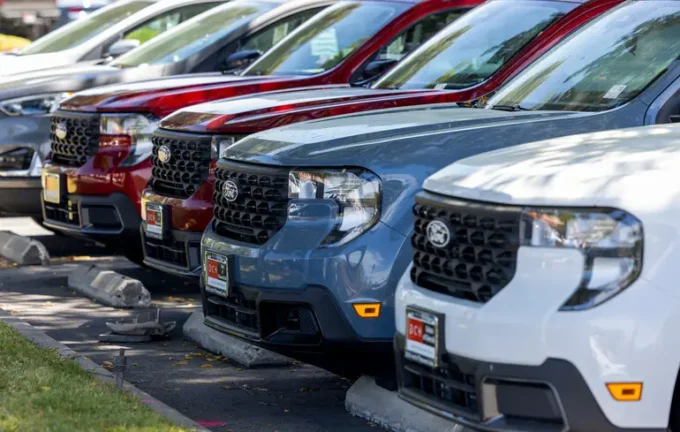Russia as a Hub for Stolen Cars from America: A Complex Scheme Generating Millions and Its Consequences

In recent years, Russia has emerged as a central hub for the resale of stolen foreign automobiles, particularly those imported from the United States. This situation is driven by a sophisticated scheme known as the 'Dubai scheme,' which operates within the framework of what is called 'parallel importation.' Reports from international media, including The Moscow Times, highlight the growing concern among experts and law enforcement agencies regarding this problem. According to analysts, thousands of vehicles—mainly American models—have been brought into Russia through unofficial channels, often via the UAE and other transit countries. Subsequently, many of these cars are registered in Russia only to discover that they are listed in Interpol's database of stolen vehicles. The process of legalizing such vehicles is fraught with difficulties. Car owners frequently encounter situations where their vehicles are immediately flagged as stolen upon registration, often after having been imported through leasing arrangements in Western countries. This scheme has existed for over thirty years but reached its peak during the widespread use of 'parallel import' mechanisms. At its core, the scheme involves leasing vehicles in Western countries, then selling them in Russia through transit hubs such as the UAE and former Soviet republics. Payments are usually continued for several months, which means the vehicle is not initially marked as stolen. However, once payments cease, the vehicle's status is updated, and it becomes part of Interpol's databases. This allows stolen or otherwise suspicious vehicles, especially low-mileage American cars offered at attractive prices, to enter the Russian market with relative ease. In the UAE, these cars are often sold with minimal regulatory scrutiny. Legal practice in Russia regarding such vehicles remains inconsistent. Most courts tend to deny registration if a vehicle is listed in Interpol's database of stolen cars, but some owners have managed to defend their rights. One Ukrainian car owner, for instance, proved that Canadian documentation did not substantiate the country's claims, thus violating his property rights. Verifying the legitimacy of a specific vehicle model is challenging—such checks are only possible if the buyer personally imports the vehicle from abroad. It is worth noting that Russia legalized 'parallel import'—the import of goods without the rights holder’s permission—after foreign brands exited the country in 2022. By 2024, about 150,000 new vehicles and 400,000 used cars were imported through this mechanism, significantly fueling the illegal automotive market.

